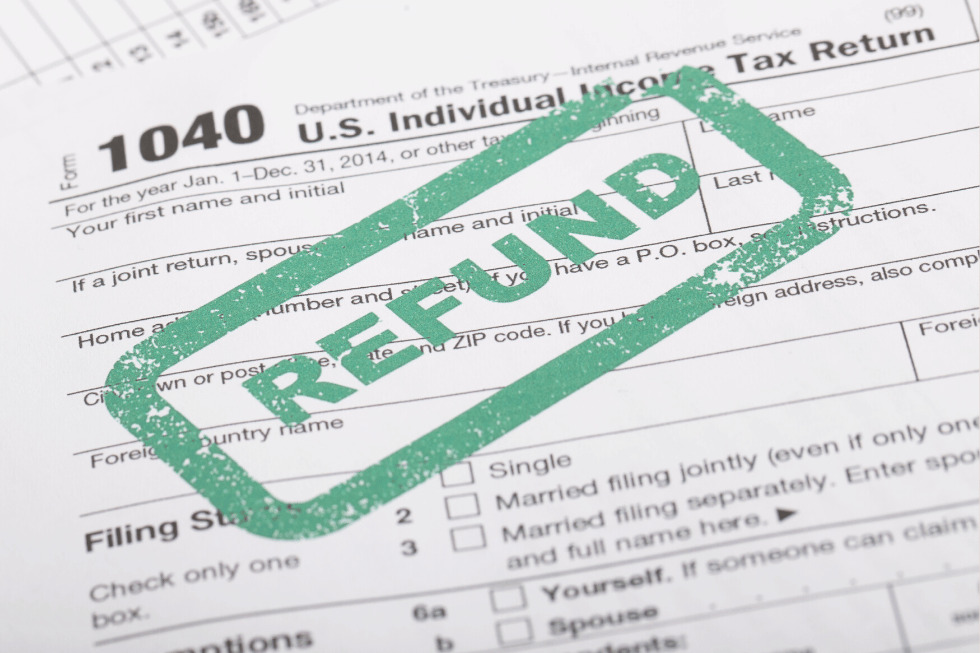Credit score is something you hear about often in the world of personal finance, but how much does your credit score really matter?
The truth is that your credit score, unless really low, won’t directly impact how you live your day-to-day life. So why should you care?
You should care because when you do need it, it matters. Here are five ways your credit score can cost (or save) you thousands and thousands of dollars.
Mortgage
This one is obvious. It is also where your credit score has the biggest impact on your bottom line.
A home is one of the biggest purchases a person will make in their lifetime, and for most, a mortgage comes along hand-in-hand.
It’s important to remember that mortgages are not guaranteed. You must qualify. For low-credit-profile borrowers, the mortgage denial rate is 32%, meaning only 68% are approved for loans—that may or may not have risky features built in.
If you have a good or great credit score, getting approved might not be a concern, but your monthly payments and your overall out-of-pocket cost might be.
Here’s why.
If you put 20% down on a $250,000 home, and take out a $200,000 mortgage, your credit score can make a difference of more than $67,000 in the amount you pay out of pocket over the life of the loan!
Small percentage points add up in a big way.
| FICO Score | Interest Rate | Your Monthly Payment | Total Interest Paid (over life of loan) |
| 760 – 850 | 3.61% | $1,141 | $127,749.37 |
| 700 – 759 | 3.83% | $1,166 | $136,720.09 |
| 680 – 699 | 4.00% | $1,185 | $143,739.01 |
| 660 – 679 | 4.22% | $1,211 | $152,933.34 |
| 640 – 659 | 4.65% | $1,262 | $171,258.50 |
| 620 – 639 | 5.19% | $1,327 | $194,915.17 |
Source: myfico.com and bankrate.com
Car Loan
Credit scores for auto loans are often calculated using a different formula than your standard FICO or VantageScore. There are often industry-specific scores. The interest rate on car loans can vary by more than 10% depending on the type of loan (new or used car) and your credit score.
For a $15,000, 60-month (5 yr) loan on a used car, you can save more than $2,500 if you have an excellent score compared to those with low credit scores.
The numbers don’t lie. Credit score makes a real difference to your bottom line.
Insurance Premiums
Even if you’re not in the market for a mortgage or a car loan, your credit score can play a role in how much you will have to shell out for your insurance premiums.
Auto insurance premiums can vary up to 67% between those with no credit score vs those with a “good” credit score.
According to a Consumer Reports study, single drivers with ‘good’ credit scores paid up $526 more each year than those with ‘excellent’ credit scores.
Renting a House or Apartment
At the end of the day, landlords want renters who will pay the rent on time, and not put unnecessary wear and tear on the property.
Rental applications often include a request for referrals, employment history, balance sheets showing financial stability, and a credit check.
Not only does your credit check verify you are someone who pays their bills on time, many landlords consider those with good credit as generally responsible by nature. For this reason, if you have a good credit score they may cast you in a favorable light as someone who will keep the property well maintained.
The reverse is also true. Fairly or unfairly, poor credit may leave a landlord with the impression that you are not quite as responsible and may plant seeds of doubt if you are the right fit.
Credit Card Benefits
Credit cards can be a great tool for those that pay them off every month. You can get cash back, free airline miles, travel points, Uber credits, perks like airport club access, waived Global Entry fees, and more.
The Chase Sapphire card and the American Express Platinum Card card are two cards that offer premium benefits like these, but to get approved, you’ll need good credit.
The average credit score for these cards, along with the benefits they offer, is above around 715 or above.
New Job Offer
According to a CareerBuilder study, 72% of employers run background checks on new employees. Of those, 29% will run a credit check.
If your employer does run a credit check, they won’t see your actual score, but they will see all your account and payment history, which is what drives your score.
Your credit history will likely be a minor consideration, if any, for most employers. For others, depending on the industry and the role you are pursuing, it may be important. It’s good to stay aware that you may be asked to provide a credit history by a potential employer so that you do not feel blindsided by this request to peek into your personal life.
As you can see in these five instances above, your credit score plays a behind the scenes roll in your financial life. You don’t need to obsess about your score on a day-to-day basis, but check it at least once a year to keep a pulse on where you are.
If you anticipate moving into a new house or apartment, buying your own house or car, or any borrowing needs coming up in the next year or two, you may want to monitor it more frequently
Learn how your credit score is calculated.





